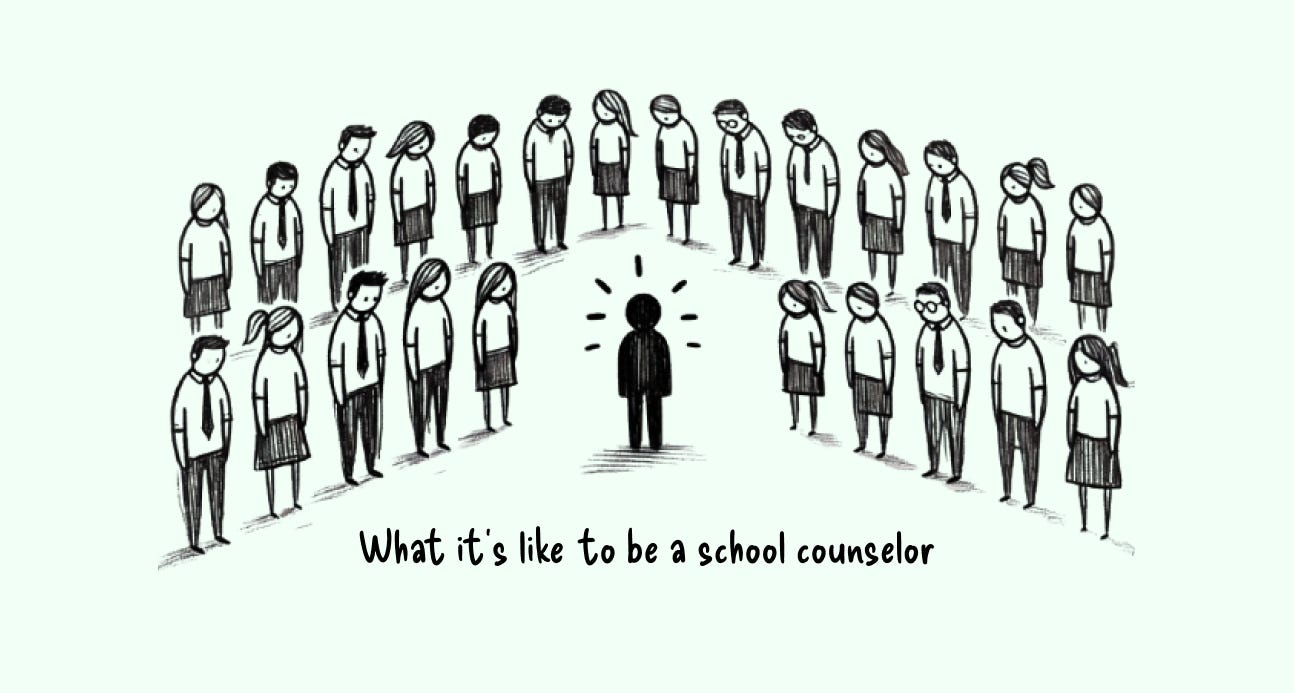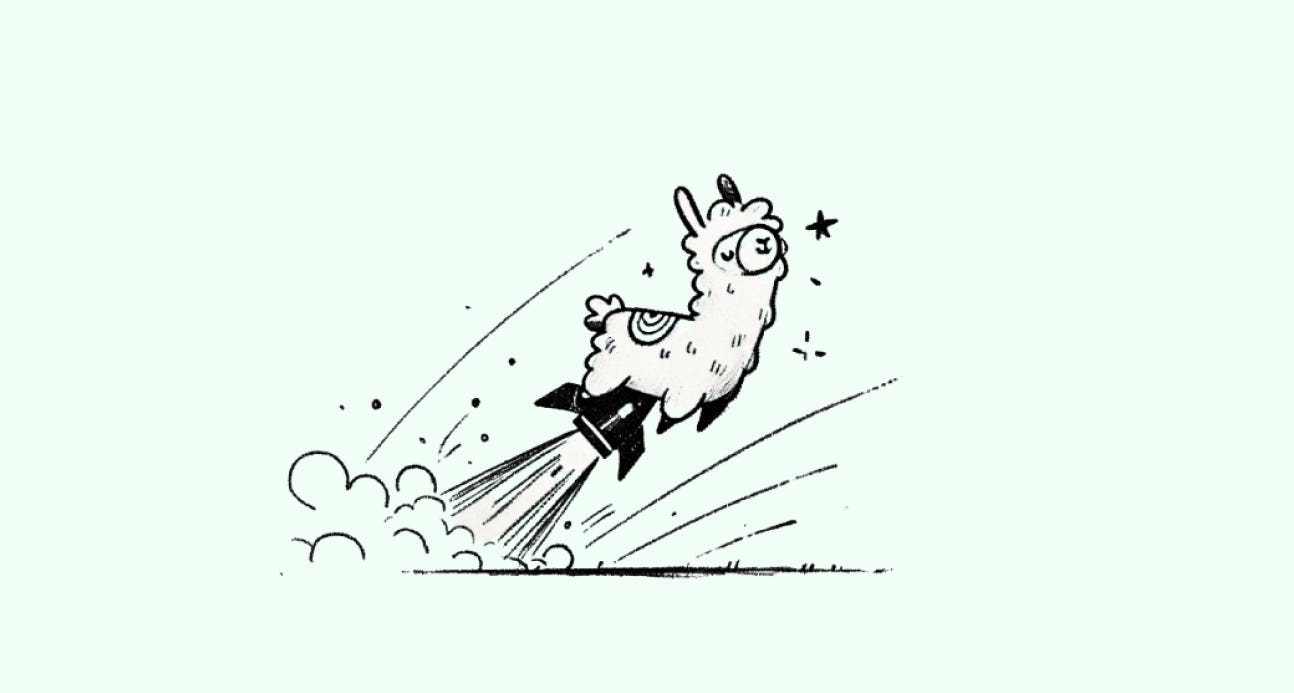Right resource, right time
What most mental health programs get wrong—it took us years to learn. Take 5 mins to read our story and learn from our mistakes.
Bryce and I started Lenny Learning in response to tragedy and lived experience.
In 2020, Bryce lost his brother Chase to suicide. If you’ve ever loved someone and lost them, you know there are no words that can fully capture the pain, the questions, the absence that follows. Having known Chase, I can say that the world lost a true light. Chase left a void that can never be filled.
Around the same time, the pandemic forced all of us to slow down. For me, it became a period of reflection. I thought a lot about my own brother, who struggled for years with untreated mental illness. To this day, my brother is still recovering from a difficult childhood and years of addiction.
My childhood was wildly different from Bryce’s, but we both realized something profound: despite our different socioeconomic and cultural backgrounds, both of our brothers needed the same thing—the right resource, at the right time. A chance to change the trajectory of their lives.
When Chase passed, Bryce and I were already working on a startup. It felt like the universe was giving us a sign. We decided to apply the engineering, design, and problem-solving skills we’ve honed our entire lives to tackle a problem that had irrevocably changed our lives—and continues to.
We started incubating a project part-time—called Brain Health Bootcamp—through Bryce’s family foundation.
We initially approached this from a research-based perspective.
Decades of research pointed to mental health literacy (MHL) as one of the strongest predictors of long-term mental health.
Naturally, we thought this was the answer to the youth mental health crisis.
So, we build a short virtual MHL course for high school students, delivered through homeroom or health class.
We partnered with researchers at UPenn and Yale to measure the effectiveness of our program.
After a lot of convincing and spreading the word, we got a few schools to pilot Brain Health Bootcamp with ~1200 kids.
The results were great; in less than 60-mins we could statistically significantly increase mental health literacy. This was awesome.
But research and program development is hard and slow. By 2022, after two years of validating, piloting, and building content from scratch, we spun Brain Health Bootcamp into its own nonprofit and began focusing on it full-time.
We assumed teachers and schools would continue using the program, especially since it was free.
Boy, were we wrong.
It took countless flyers, webinars, and meetings to convince teachers to keep using it. They all said: “the content is great, but I don’t have time to adapt it to different students and different situations.”
This made us realize that providing the content was just 50% of the work.
What educators needed wasn’t more content—the internet is content rich.
They needed the right resource, at the right time.
This is when we started looking at the “problem” (the youth mental health crisis) from the other direction: the educator’s perspective.
Brain Health Bootcamp offered something similar to other programs—a specific, research-proven strategy scaled up. Every year, thousands of strategies and papers are released from labs. Some make it out into the real world like our program, but others never see the light of day. Every program creates another to-do for teachers to learn and implement.
Many people, like us, were trying to address the youth mental health crisis from a public health standpoint.
But if you break the problem into the atomic level, it’s a capacity & knowledge issue.
There aren’t enough counselors and staff to support student wellness (385 students to 1 counselor), and when faced with a kid with a challenge, 9 in 10 teachers don’t know what to do.
To solve the problem at scale, we needed to solve the problem for educators on the ground.
The idea for Lenny came honestly by happenstance.
It was summer 2023. I was in a meeting with a teacher who led curriculum development, and she shared her challenges with our course.
I asked a blue-sky question: “What do you wish this program could do for you?” She said she wished it could adapt to any scenario or student and instantly provide the lesson plans and resources she needed. Then she shrugged it off: “But that’s impossible.”
ChatGPT was in early phases and AI lesson planning wasn’t a widespread concept. But we knew this was possible.
Lenny was spun up within a week (I created the roughest wireframes known to man, so this was all thanks to Bryce’s full-stack wizard-ing). We started sharing Lenny as a tool within Brain Health Bootcamp that fall.
Initially, Lenny was just a llama-shaped AI assistant to help you recycle content from our program and create activities out of it. But soon, we realized that schools were approaching us for Lenny. They wanted Lenny, Lenny, and more Lenny. They were googling for Lenny and couldn’t find us because we were Brain Health Bootcamp.
Long story short, Lenny’s had a bit of a meteoric rise. His reach has grown at least 4x each semester. Teachers chant his name in presentations. We renamed ourselves after him.
Lenny takes the proven mental health strategies and content sitting in labs or buried online —and turns them into custom lessons and interventions tailored to an educator’s needs.
To date, Lenny…
Helps 1,700 counselors and teachers across 500 schools create behavioral health lessons & interventions
Is actively serving over 200,000 youth
Has created over 8,000 interventions (knowledge ⬆️) and saved counselors over 25,000 hours (capacity ⬆️)
Counselors and teachers call Lenny a “game changer” or say, “I wish I had this years ago.”
Our top school partners have already shared that they noticed drops in behavioral incidents and far fewer repeat offenders— proving that when educators have the right resource at the right time, they can intervene earlier and change outcomes for good.
Lenny’s received support and recognition from organizations like Twilio, BlackRock, OpenAI, Deloitte, and Forbes, to name a few.
Lenny is a tool for educators to build capacity & knowledge around mental health. He provides the right resource, at the right time.
And he’s still a work (llama) in progress.
Every week, we’re learning new things about how Lenny can improve — and then improving him. Every time a new AI model is released, Lenny gets better. Every year, we can provide even more impactful and personalized mental health resources to educators and students.
I am so grateful for all the support that funders, advocates, and advisors have given us thus far and continue to give us.
I’m energized by the new advancements happening in mental health and AI—both of which continue to propel our work.
I believe that if we approach this problem (and really, any problem) with first-principles thinking, curiosity, and humility, we can solve for anything.
Lenny Learning is living proof that even the most complex challenges can be tackled when we stay curious, lean into innovation, and keep the people we’re serving at the heart of everything we do.
If you’re (still) reading this, pause for a moment of curiosity.
Think of 1 person who could change the trajectory of youth mental health or learn from this post.
Maybe this is a school leader. Maybe this is a person looking to support solutions in education or mental health. Maybe this is a person who’s lost a loved one.
Lenny exists because unexpected minds pushed us to rethink the problem from the ground up. Expanding that web of minds is what will take it even further.
If someone comes to mind, don’t overthink it—just forward this. I would deeply appreciate it.
Because the right resource, at the right time, can change everything.









